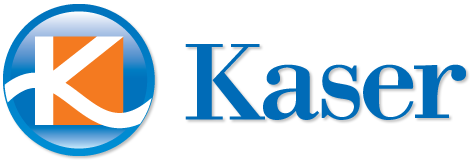Poser Fleet Management
Key FEATURES
Connect your drivers to important trip and route data, Hours of Service information, and your back office to improve the driver experience.
Fleet management is essential for businesses that rely on a fleet of vehicles to carry out their operations efficiently.
Fleet management refers to the process of overseeing and coordinating a company’s vehicle fleet. It involves various tasks such as vehicle acquisition, maintenance, fuel management, driver management, route planning, and compliance with regulations. Fleet management is essential for businesses that rely on a fleet of vehicles to carry out their operations efficiently.
Driver tracking is a feature of fleet management technology that allows managers to monitor and track the performance and behavior of drivers in a fleet. The main goal of driver tracking is to improve driver safety and efficiency, and to reduce operating costs.
Fleet benchmarking is the process of comparing the performance of a fleet against industry standards, best practices, and other fleet organizations. The goal of fleet benchmarking is to identify areas for improvement, reduce costs, and improve the overall efficiency and effectiveness of a fleet.
Fleet management is a critical aspect of many industries that require the coordination and management of vehicles for their operations. Some of the industries that typically require fleet management include:
OUR CLIENT SAYS
Duis posuere blandit orci sed tincidunt. Curabitur porttitor
nisi ac nunc ornare in dot next.









